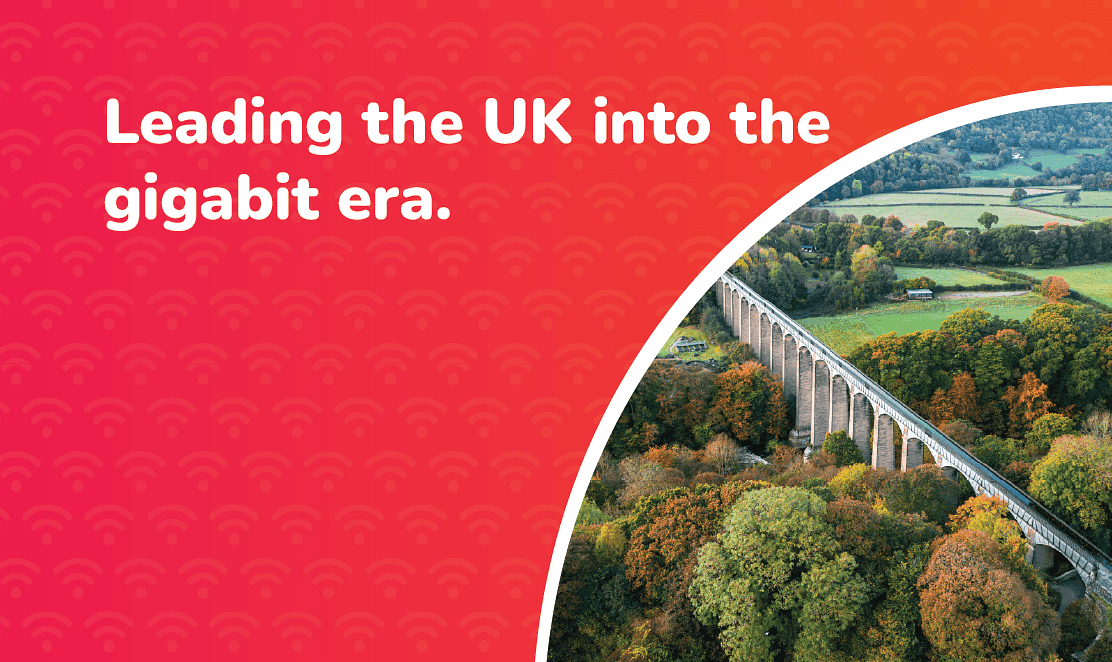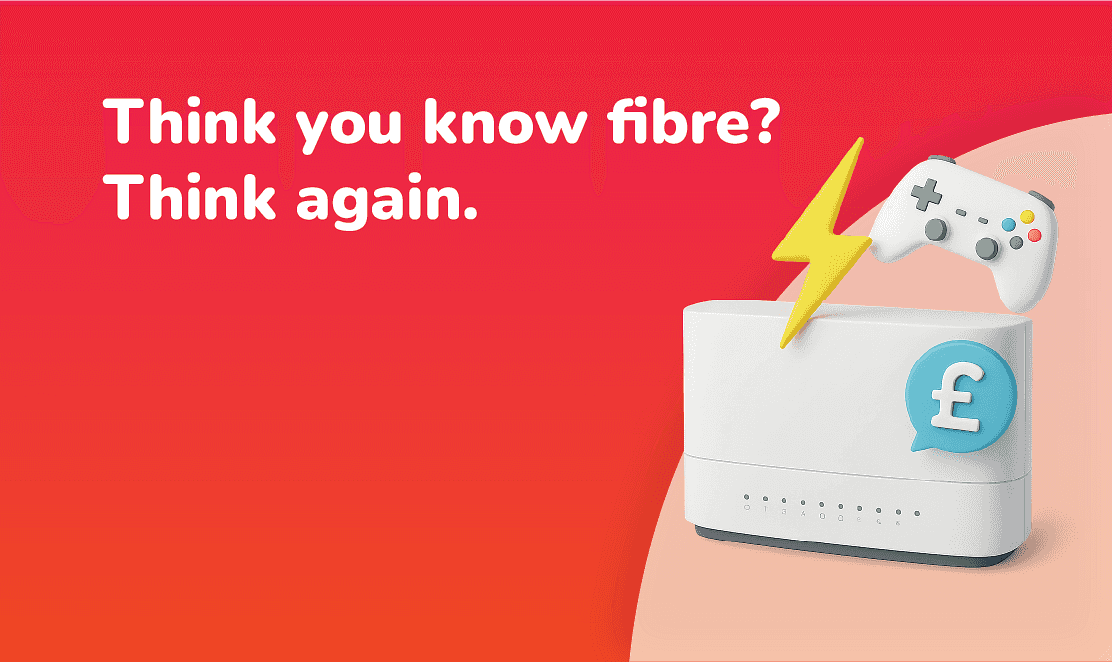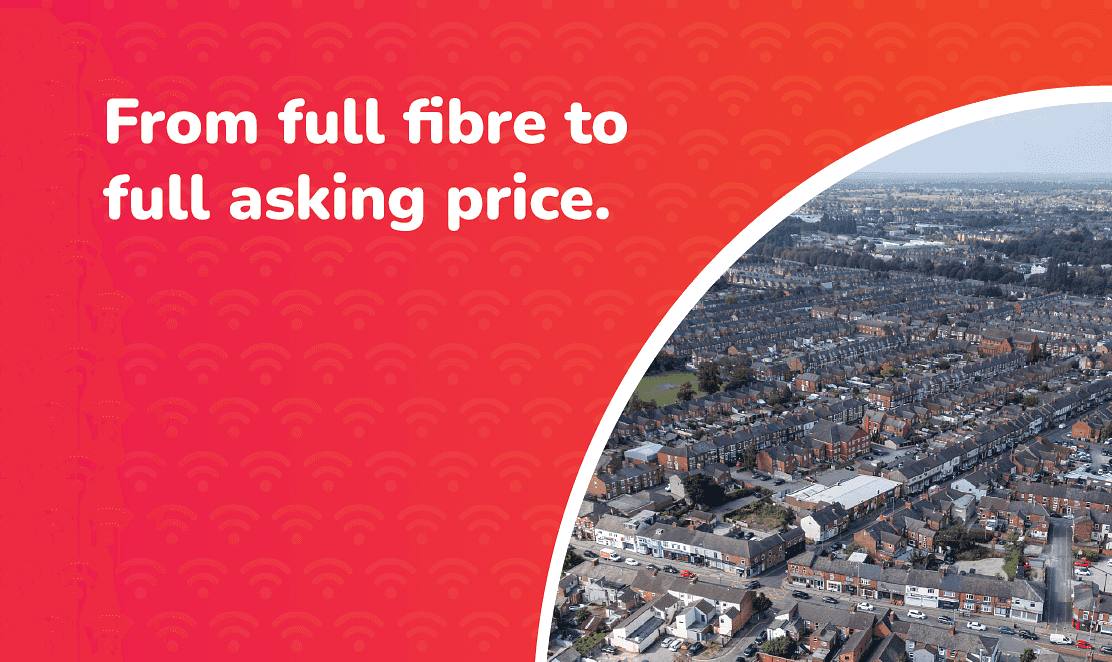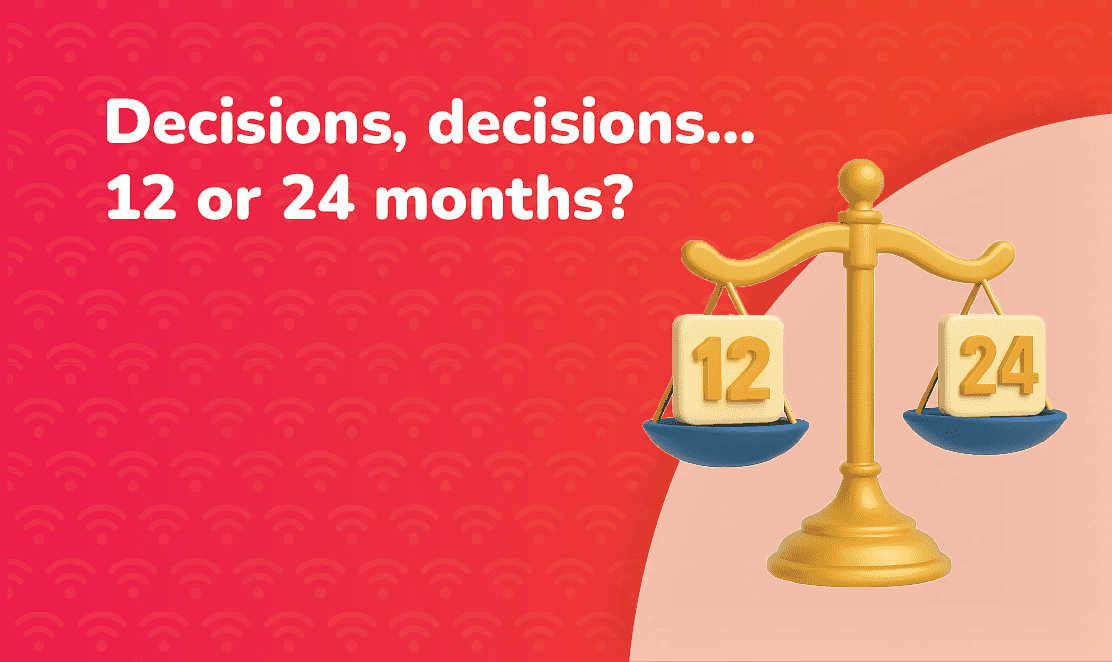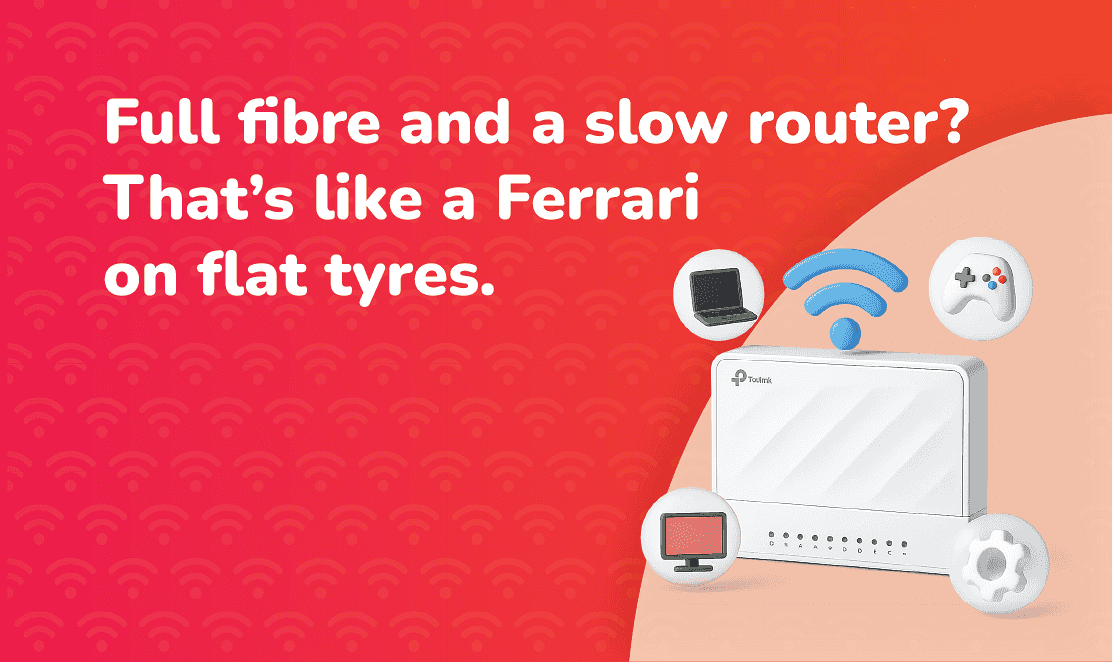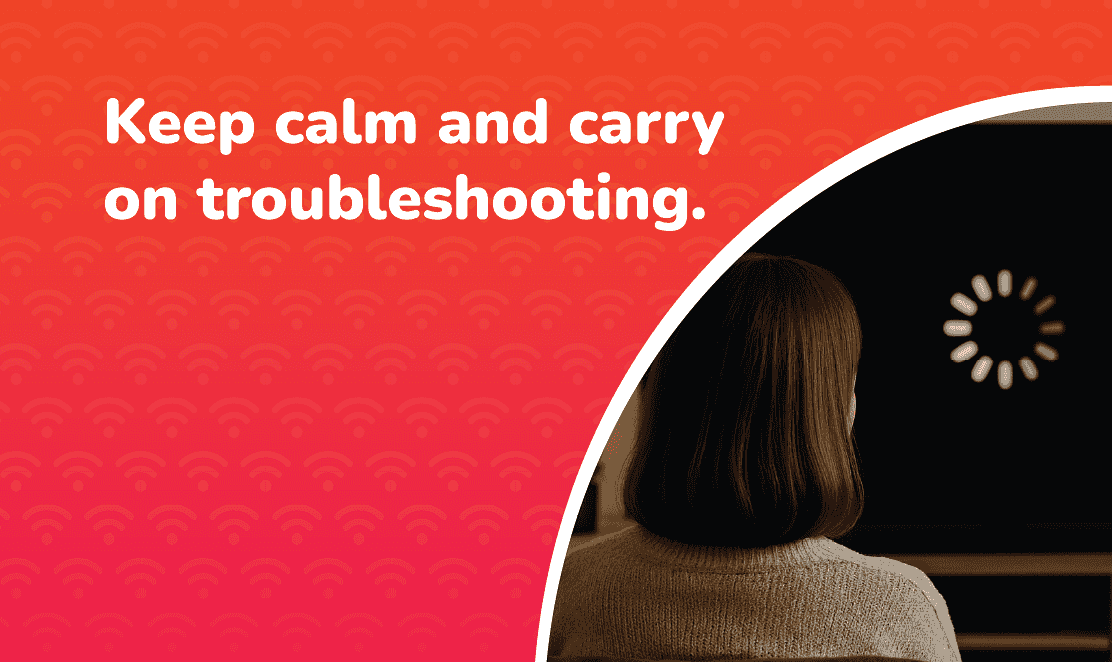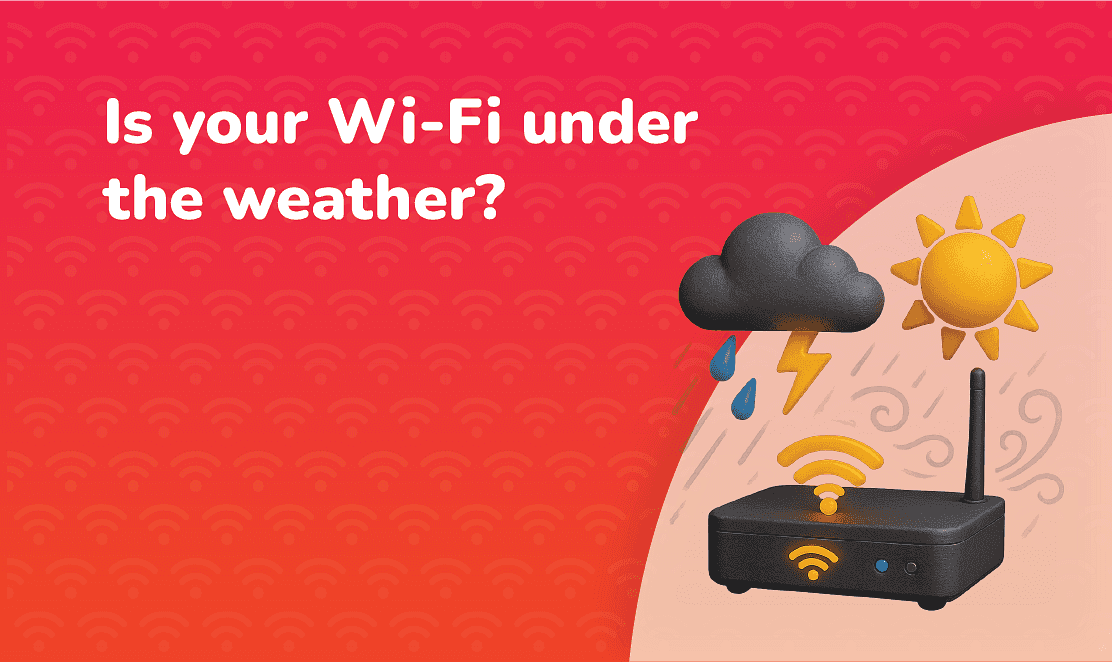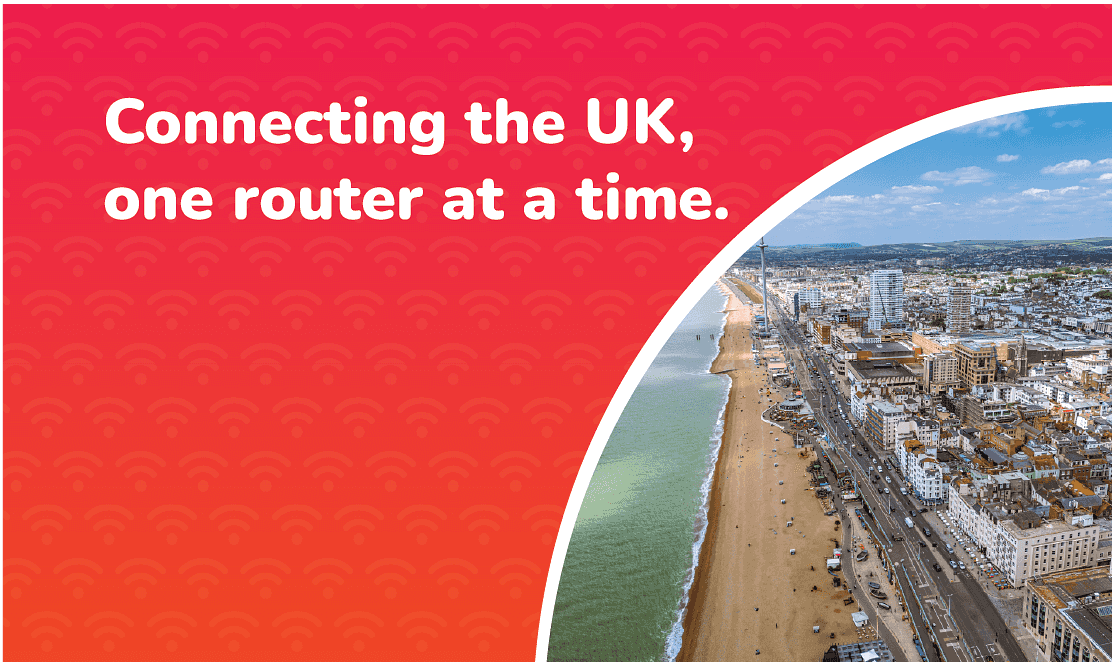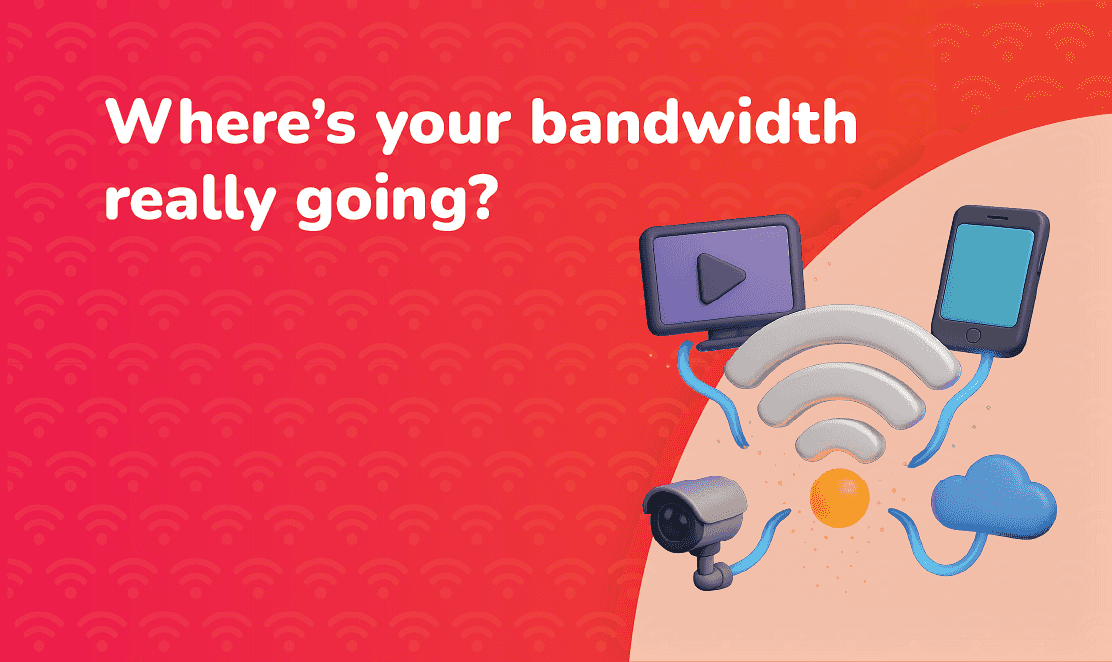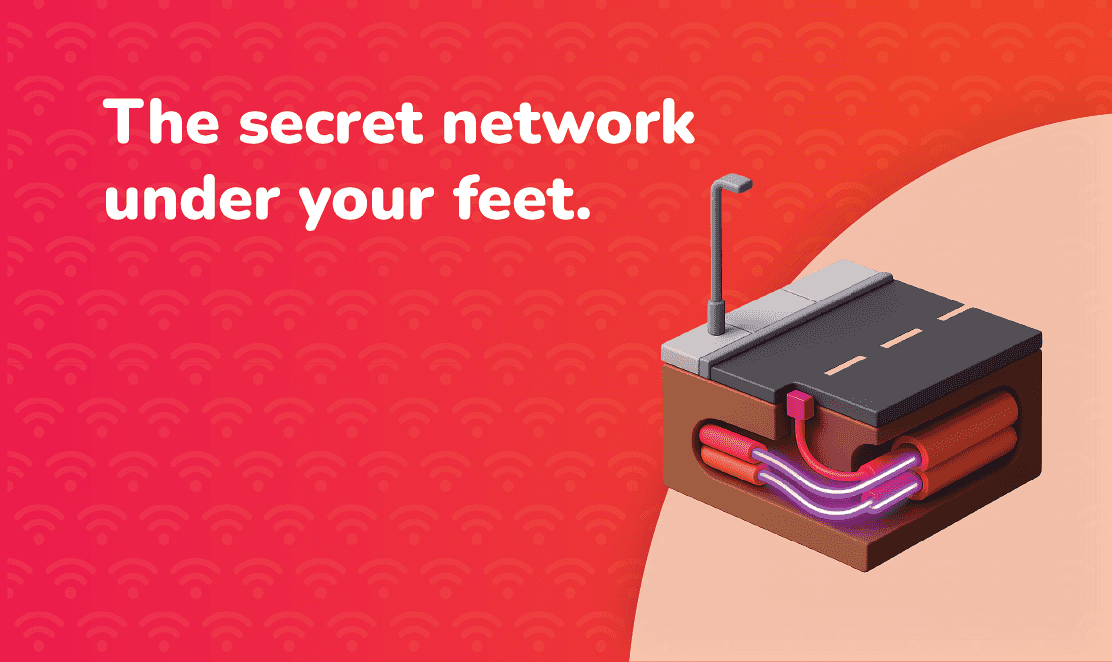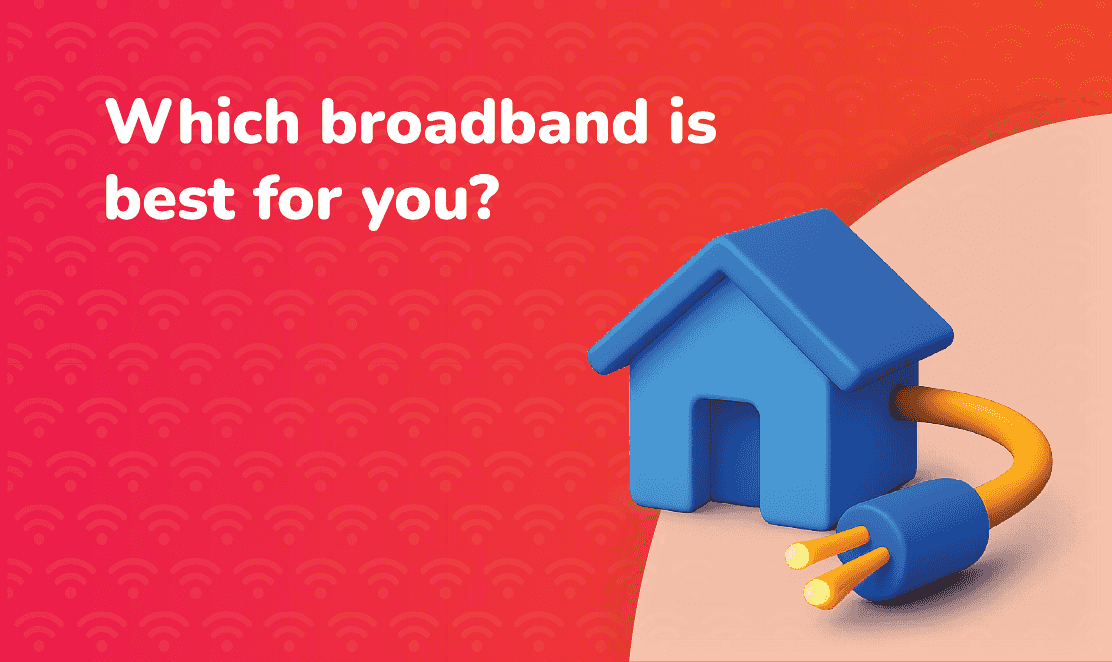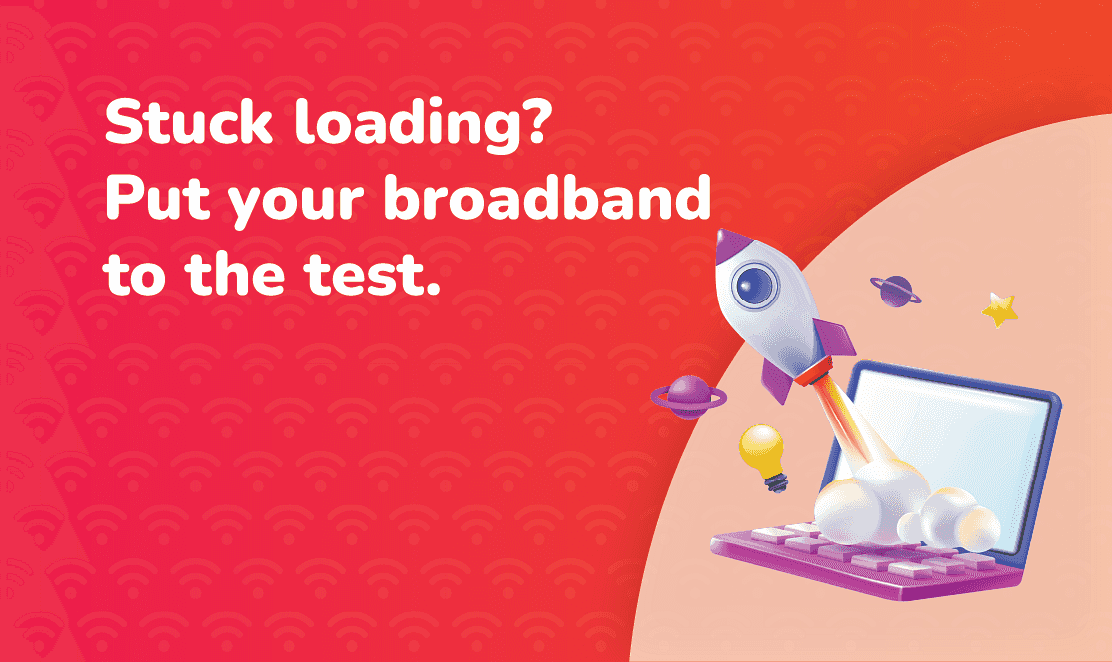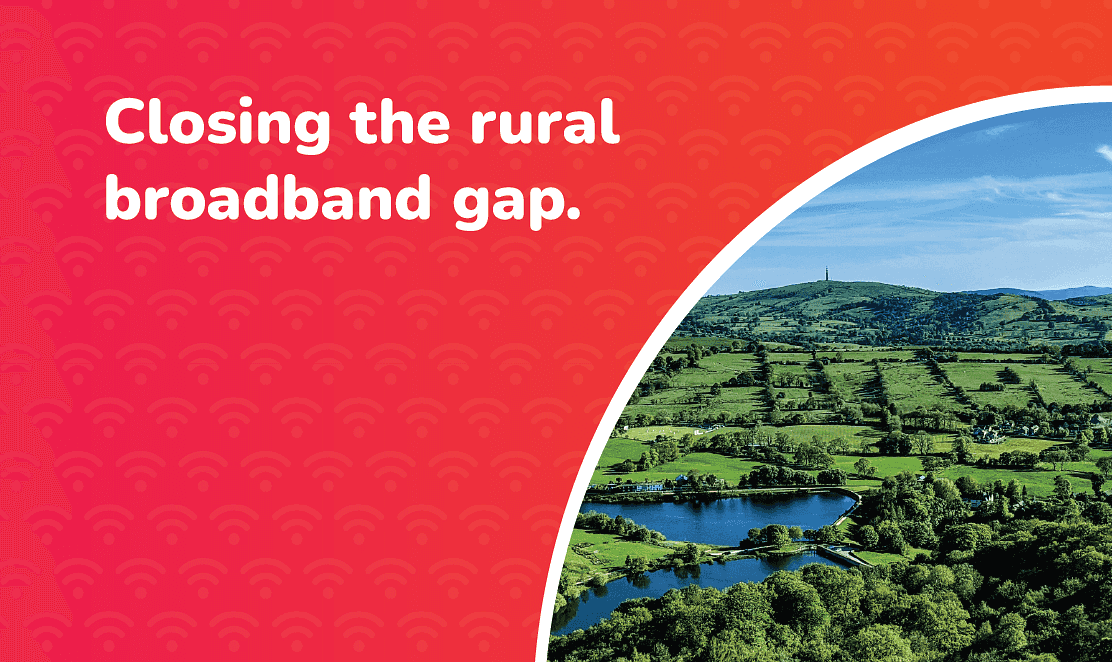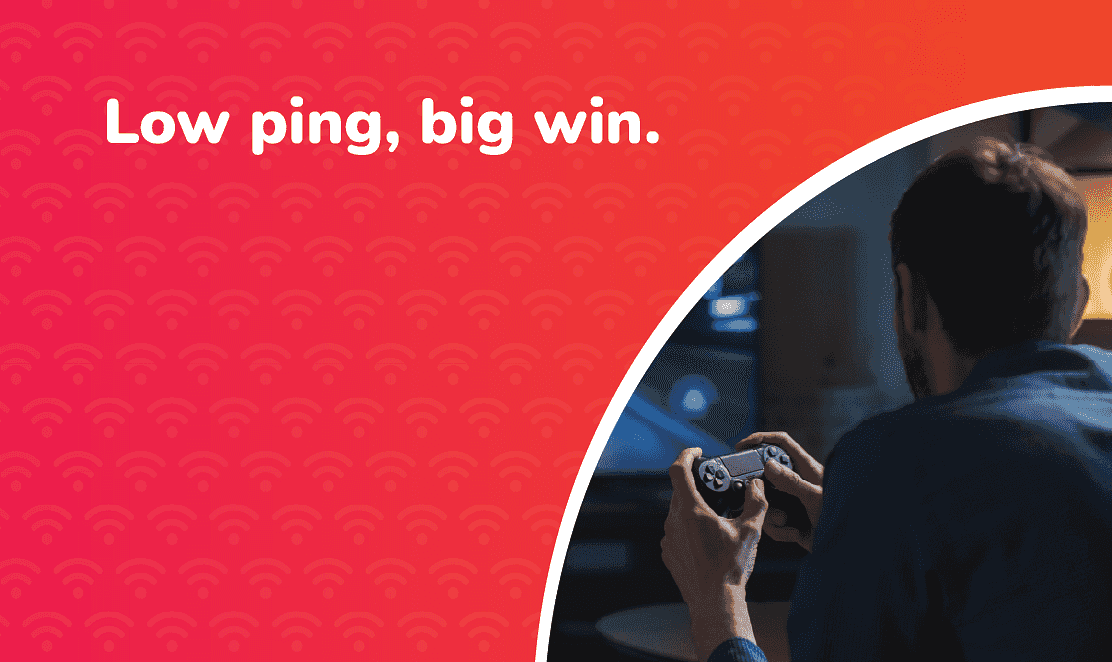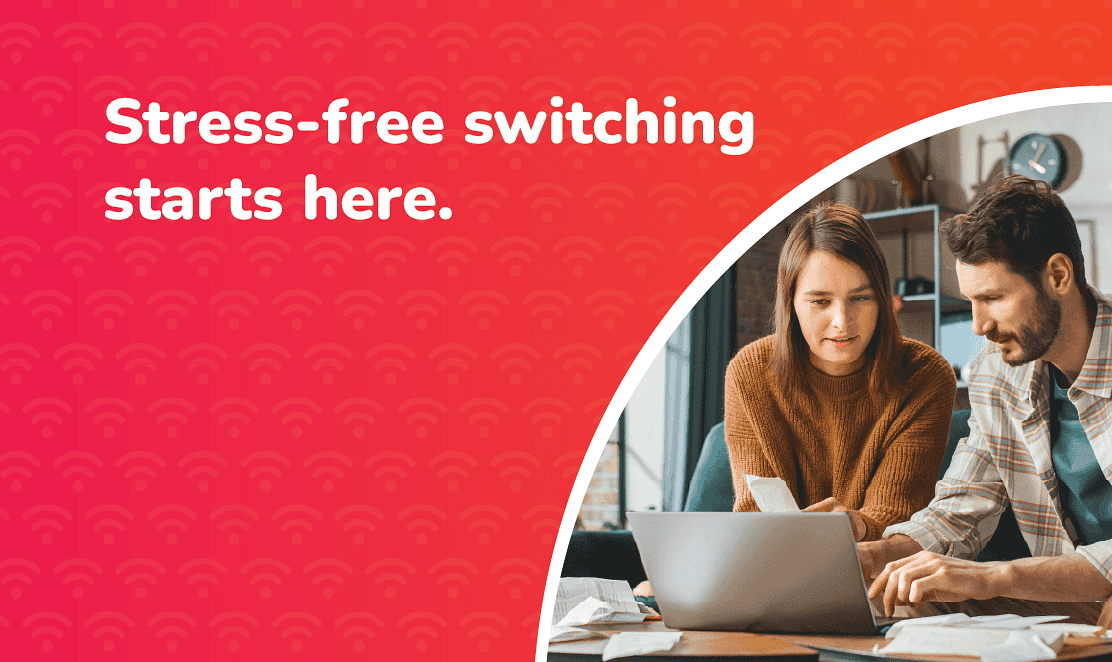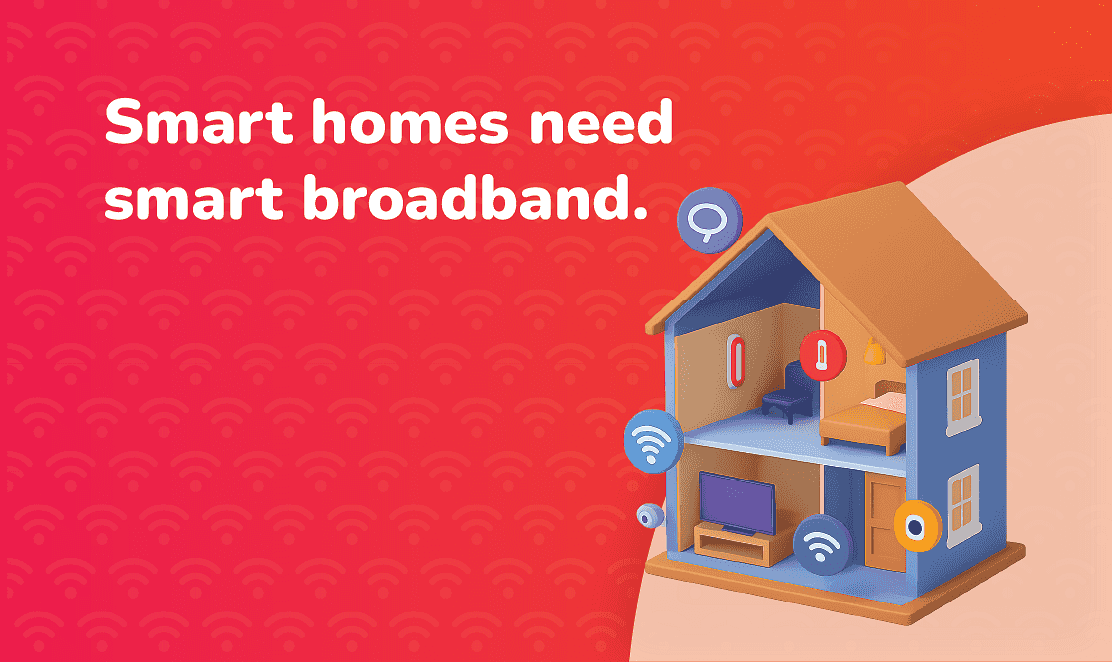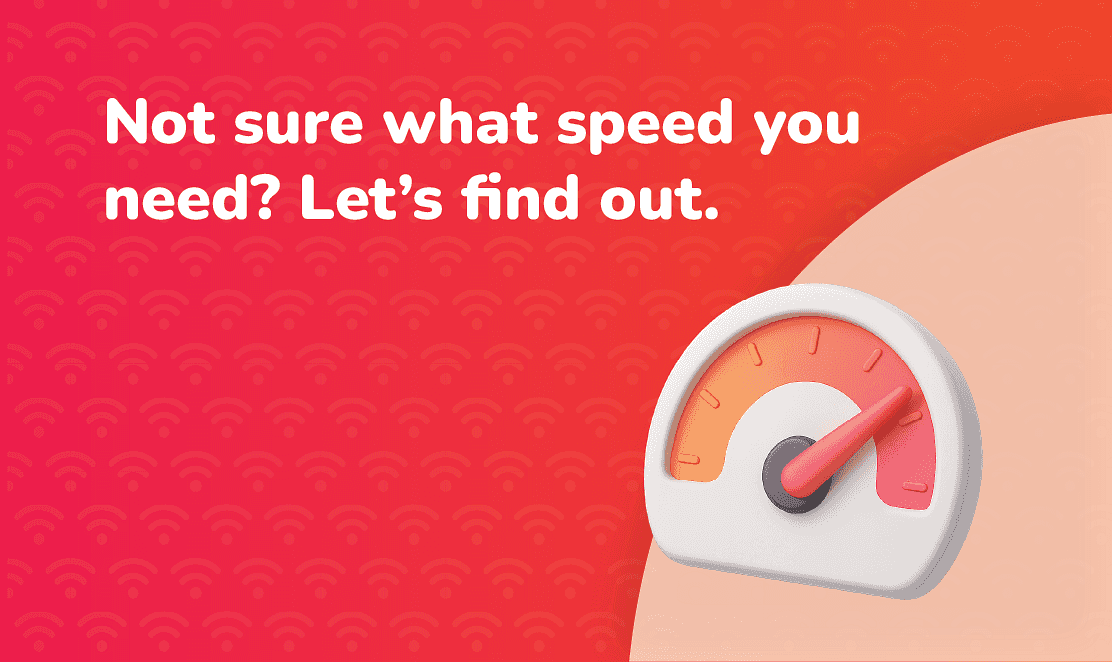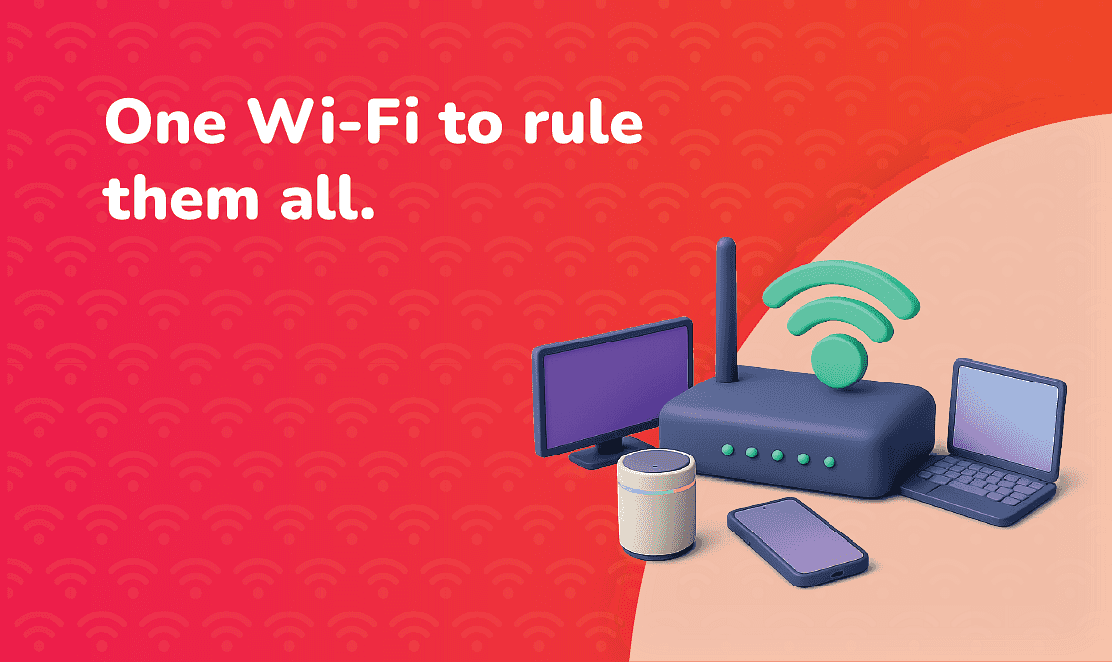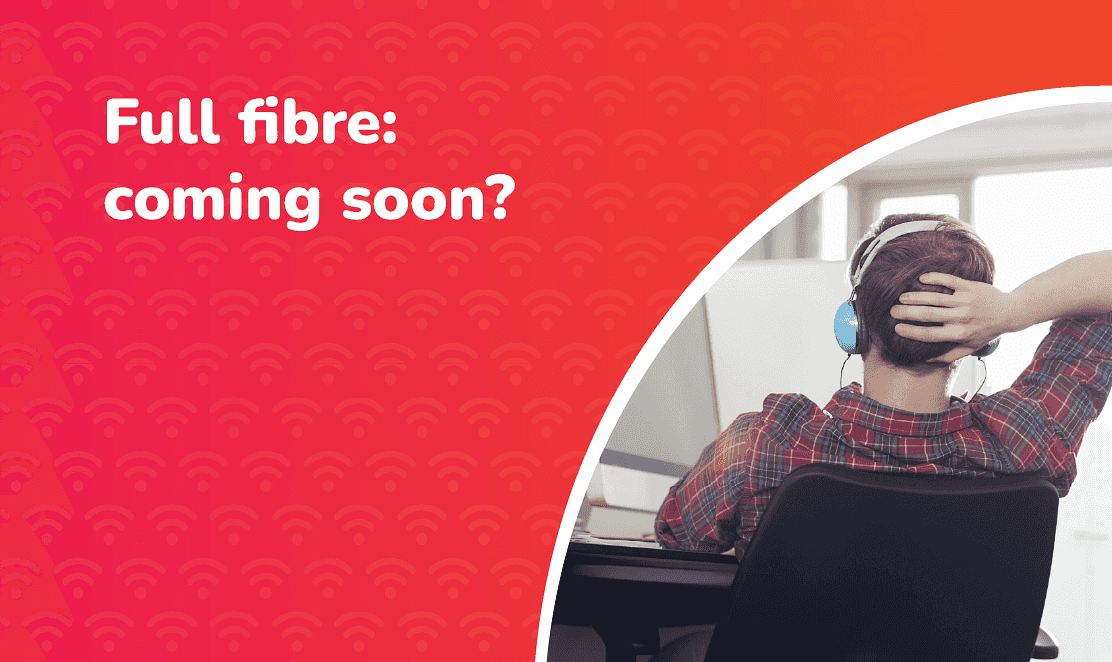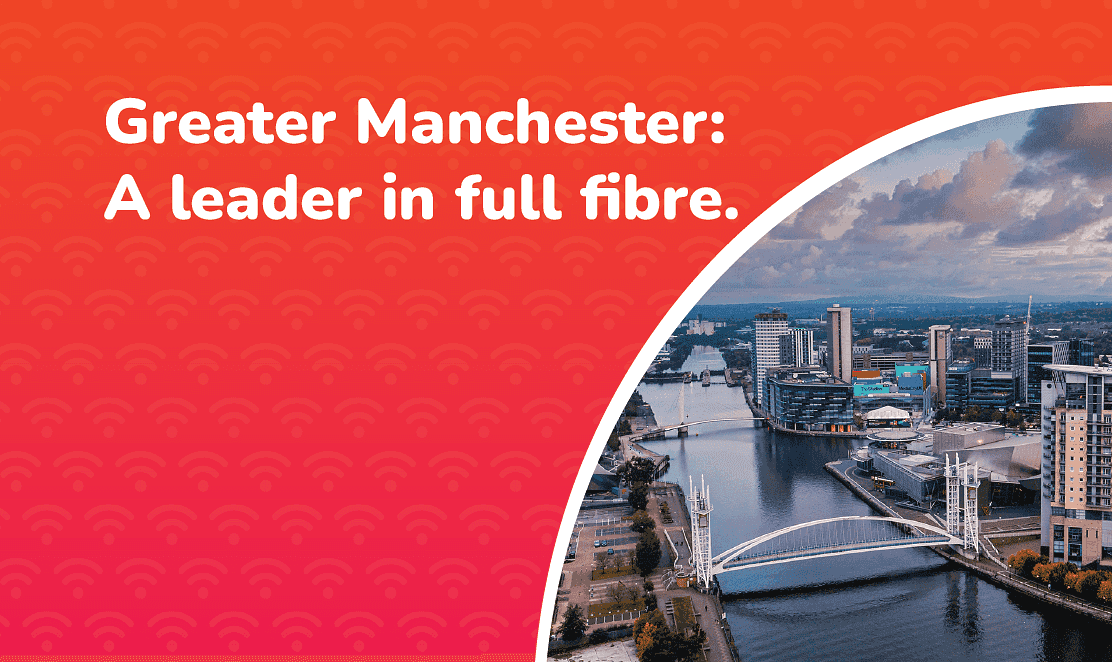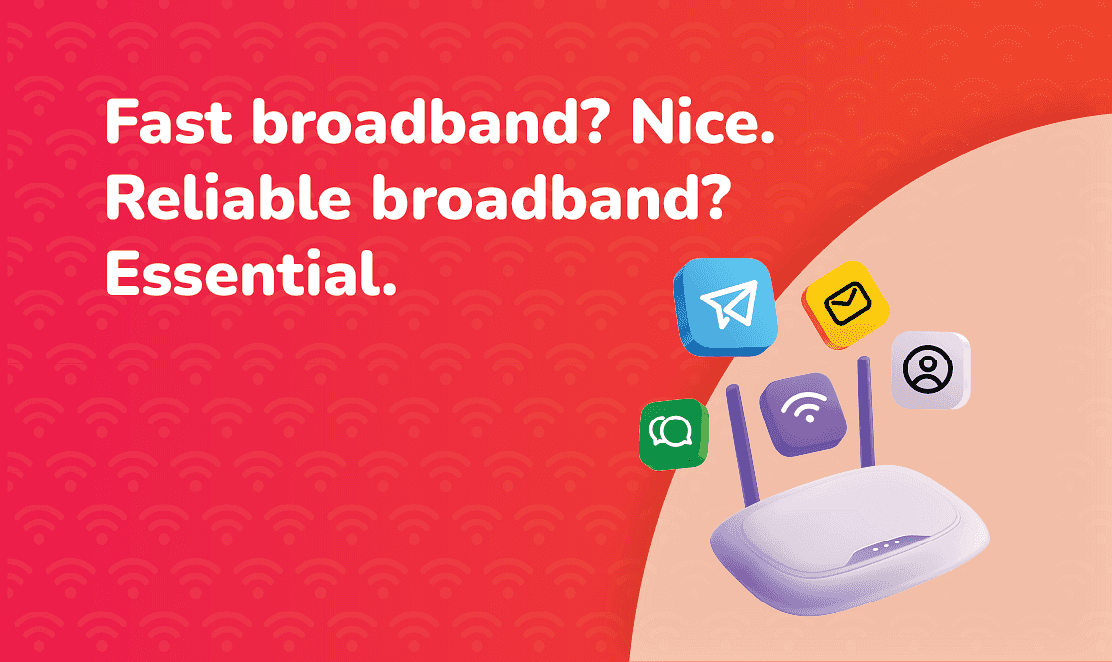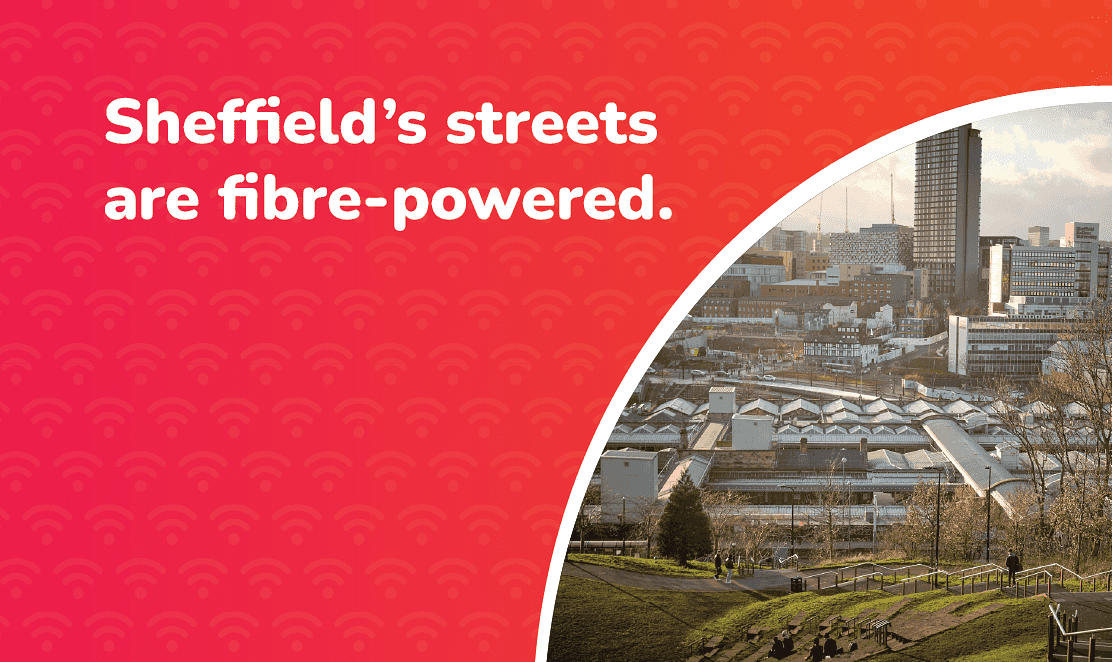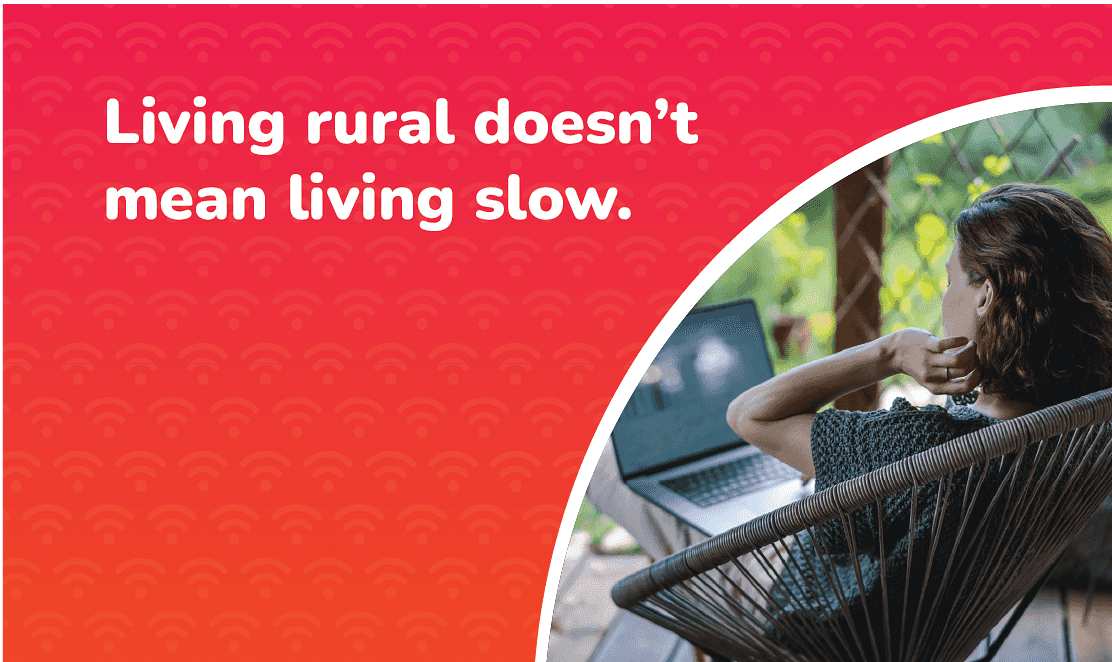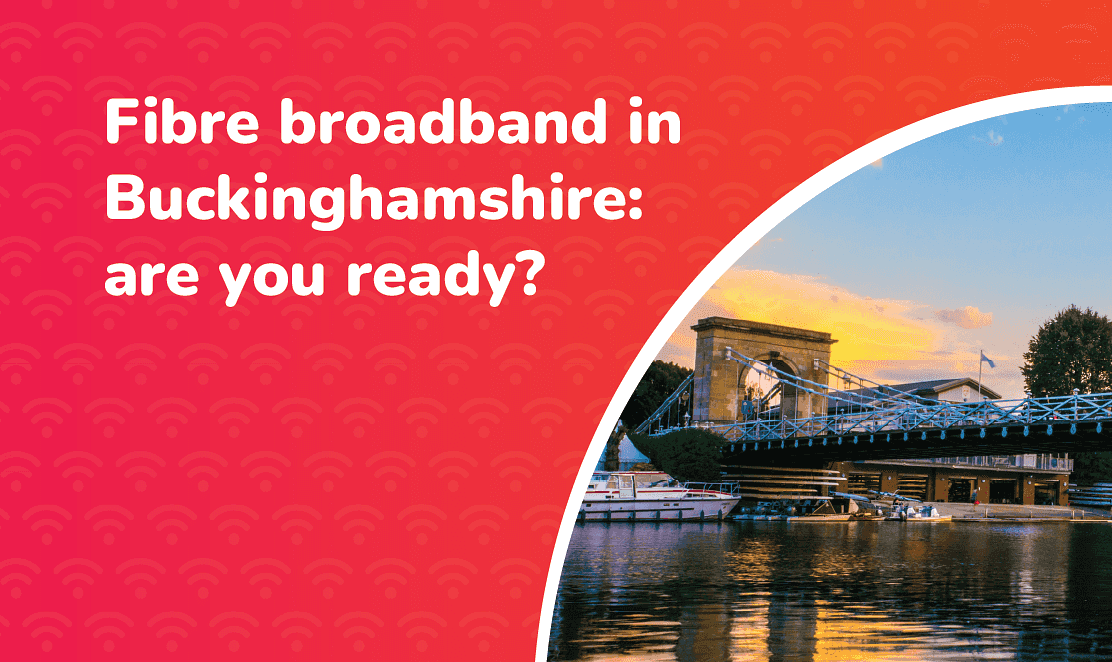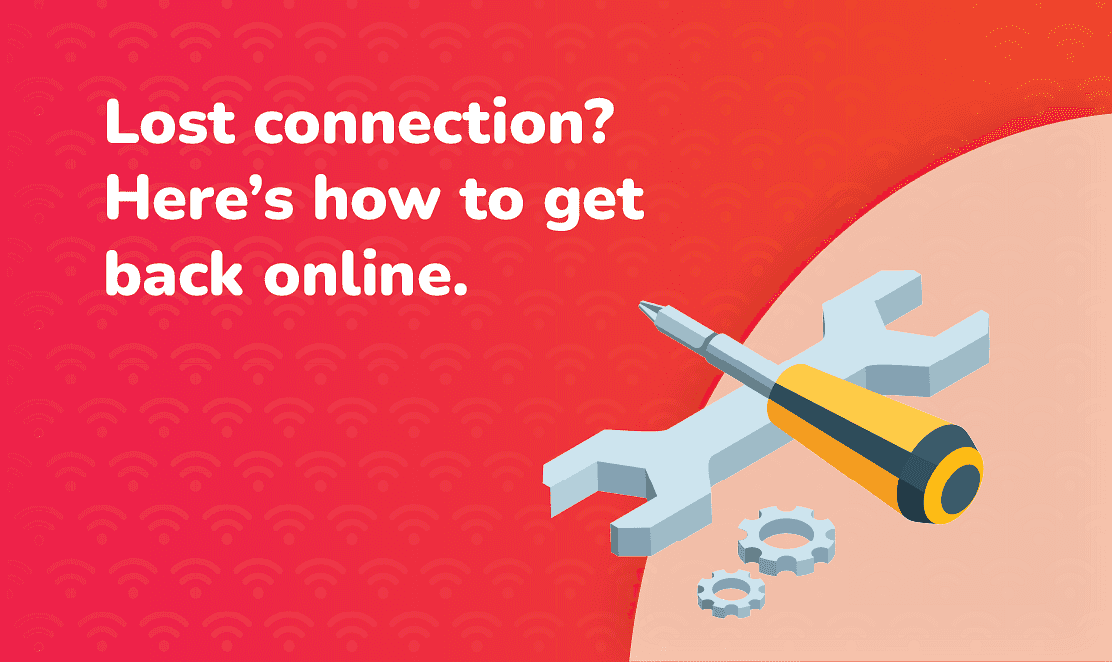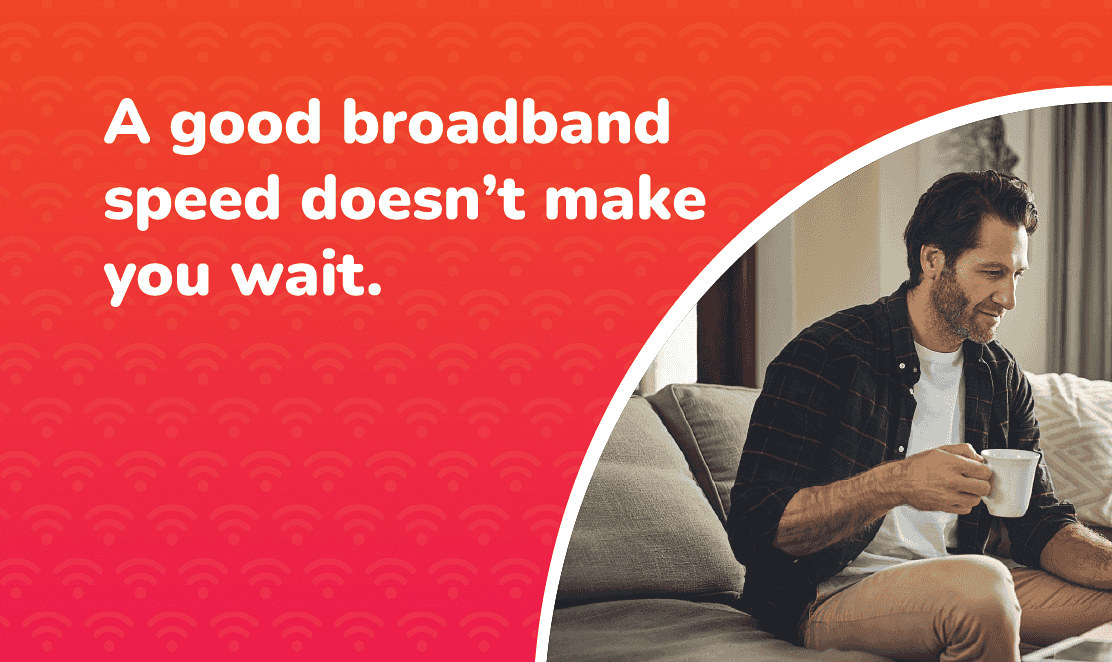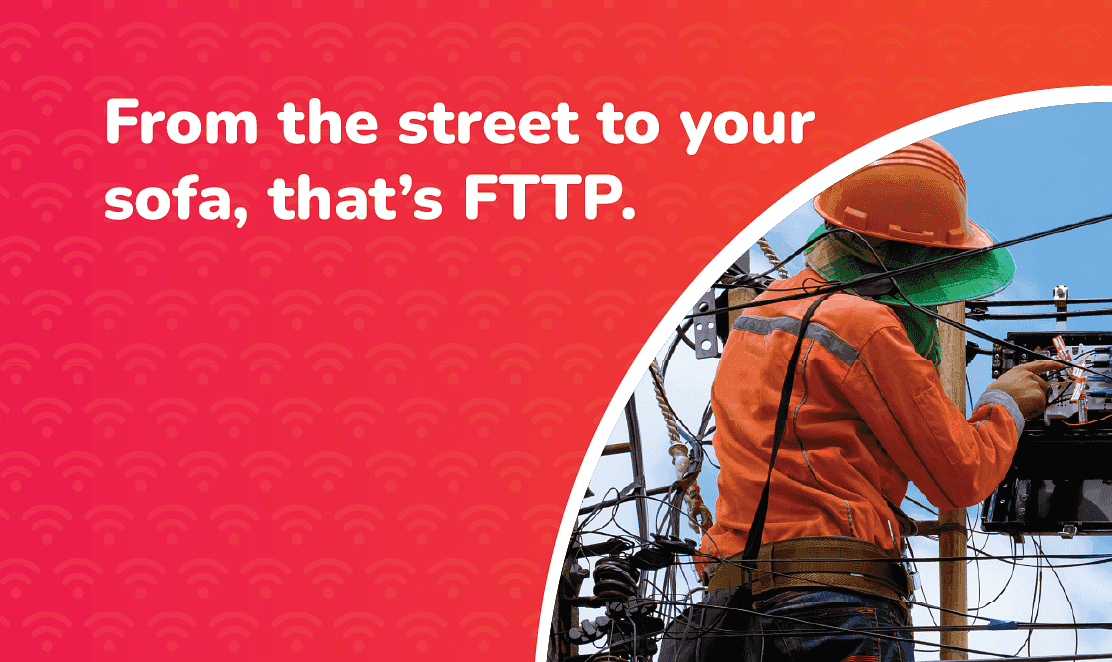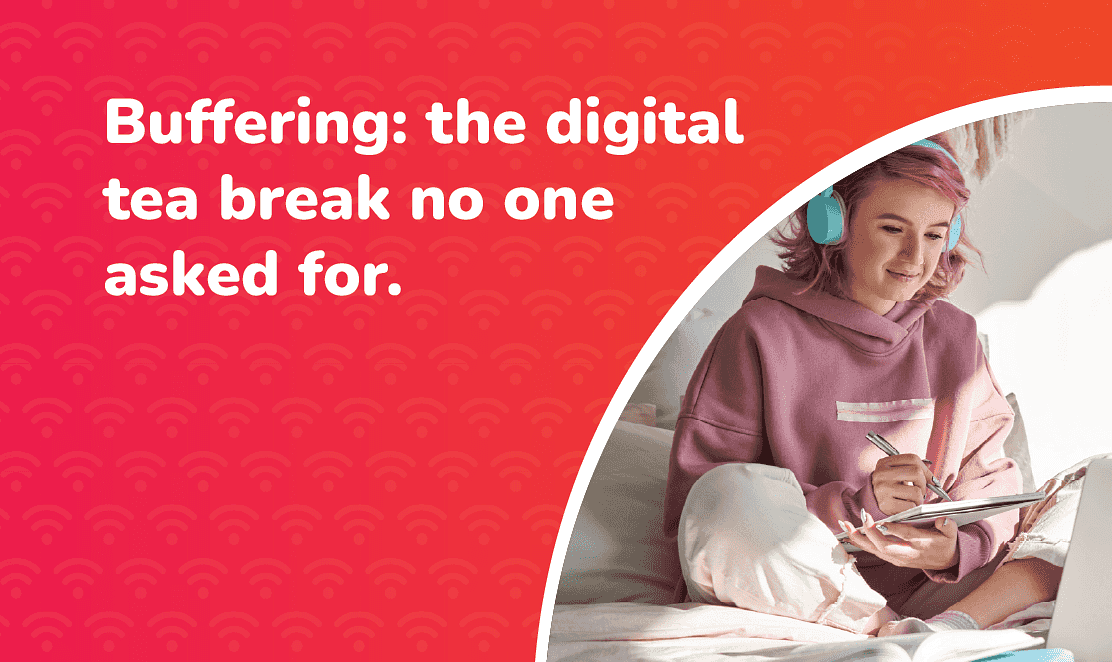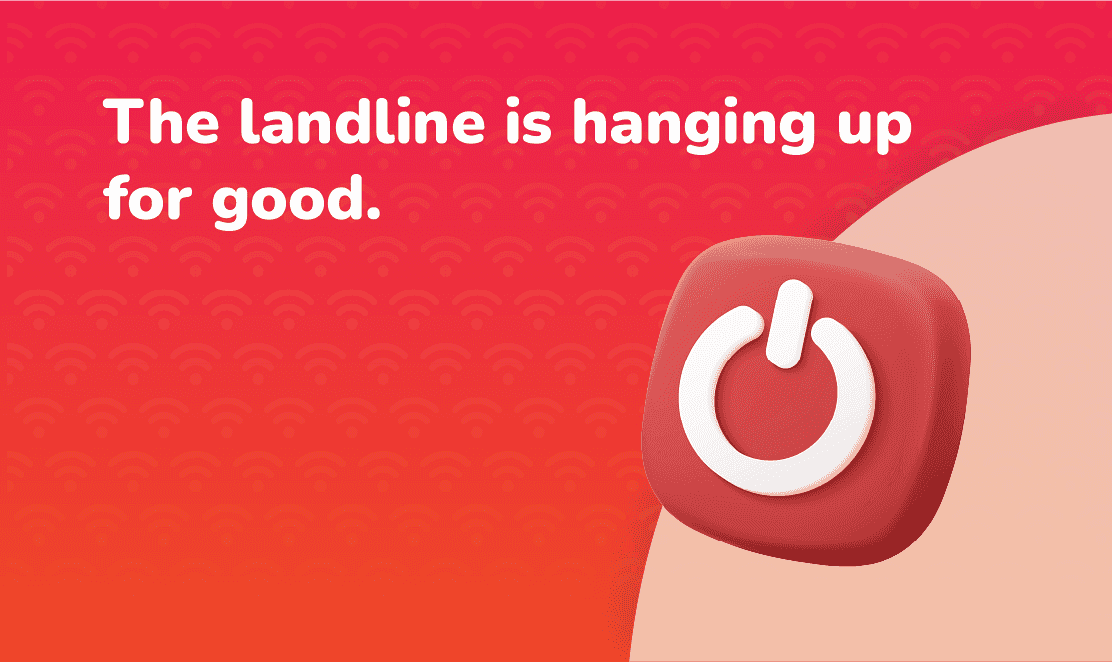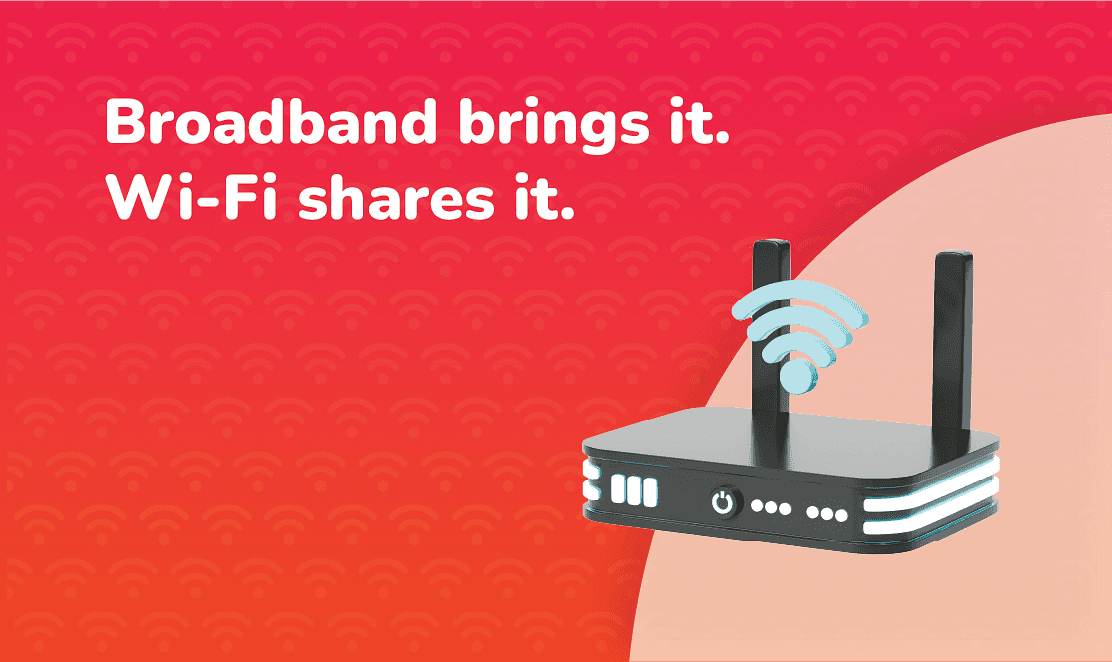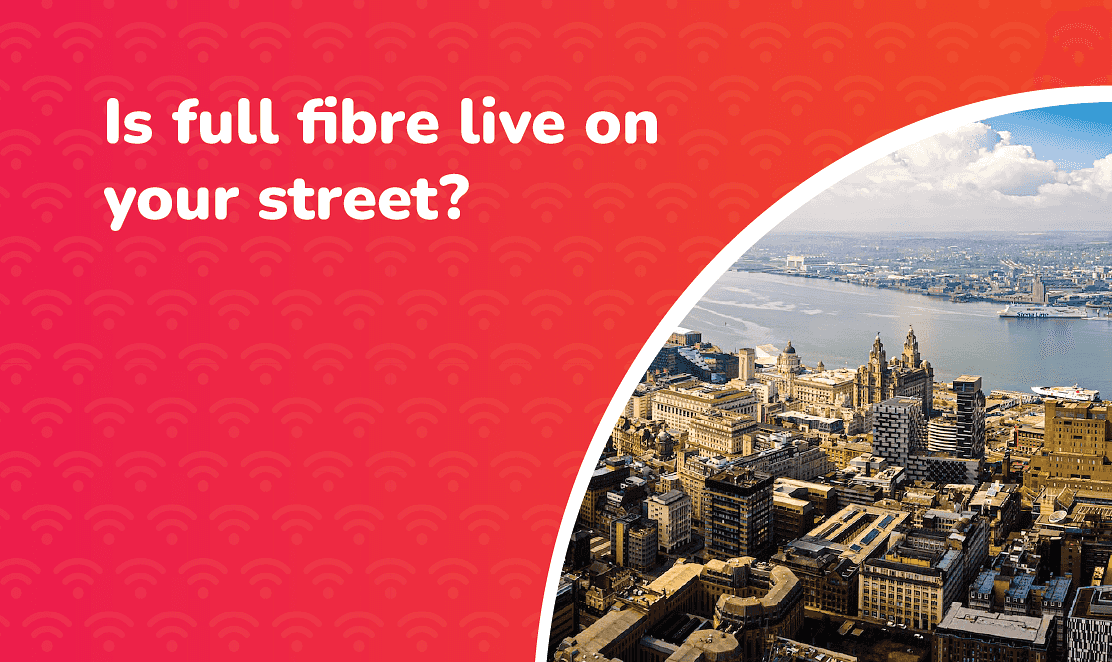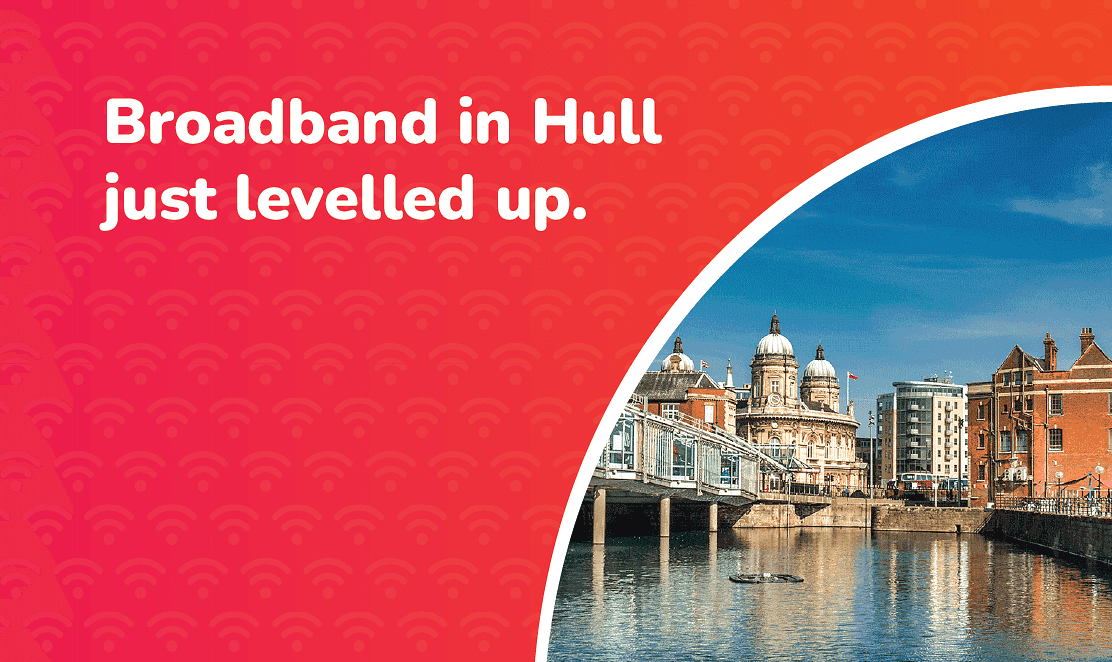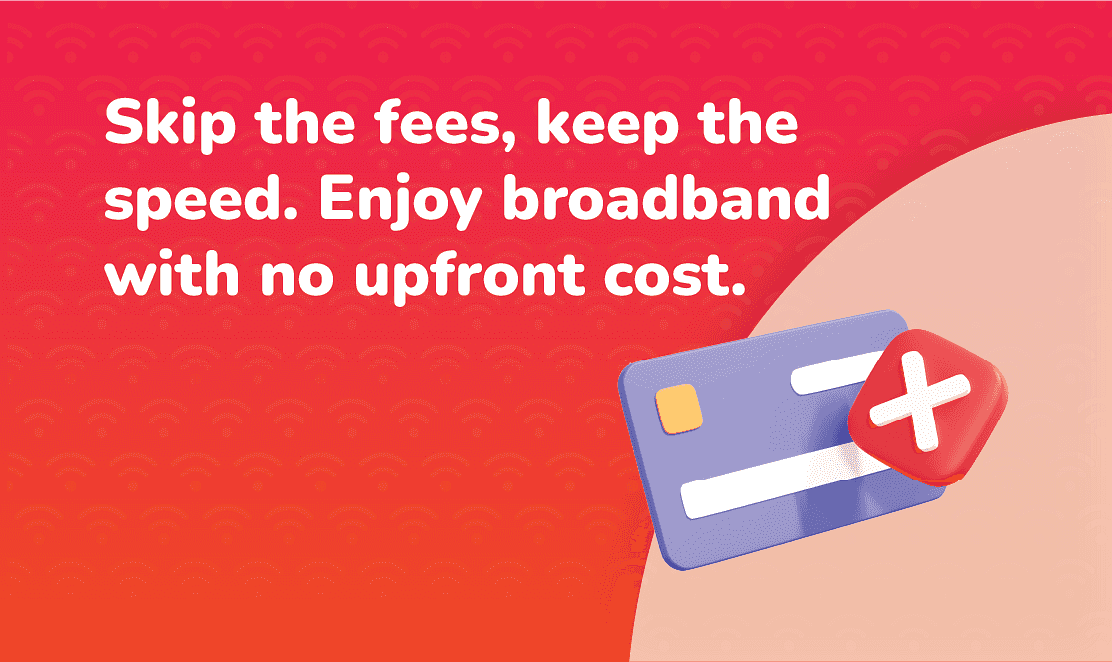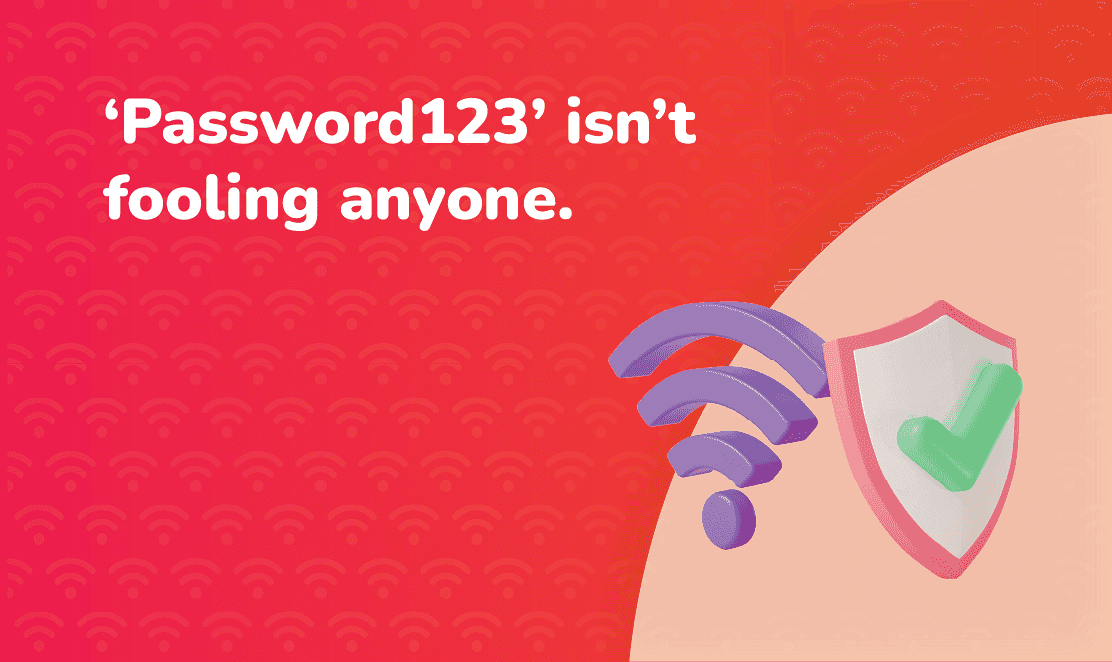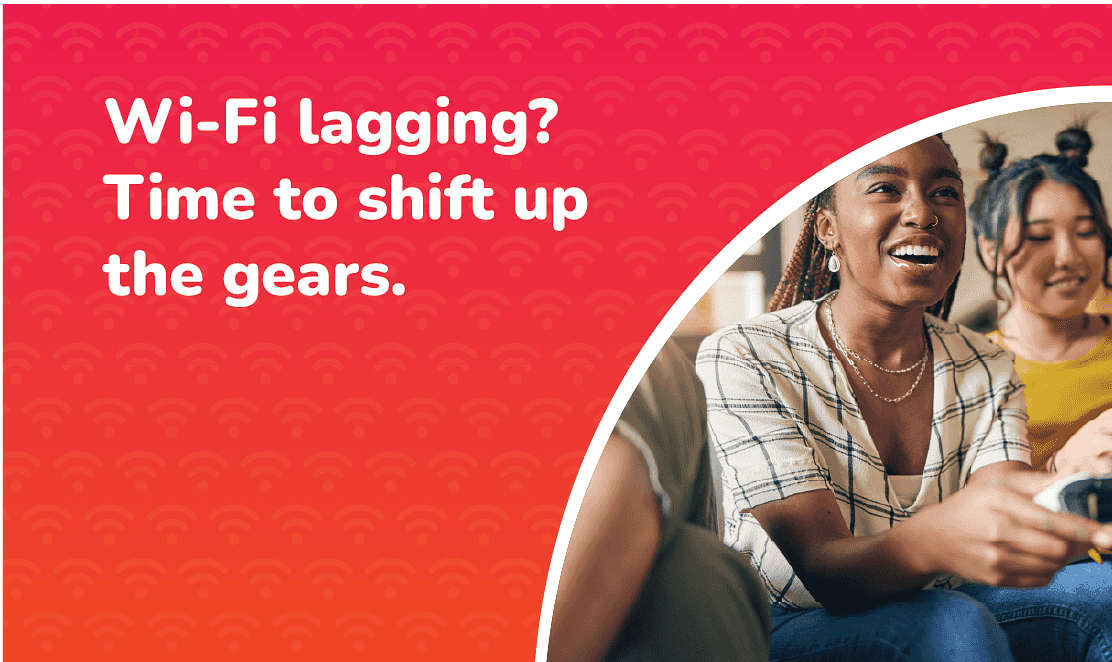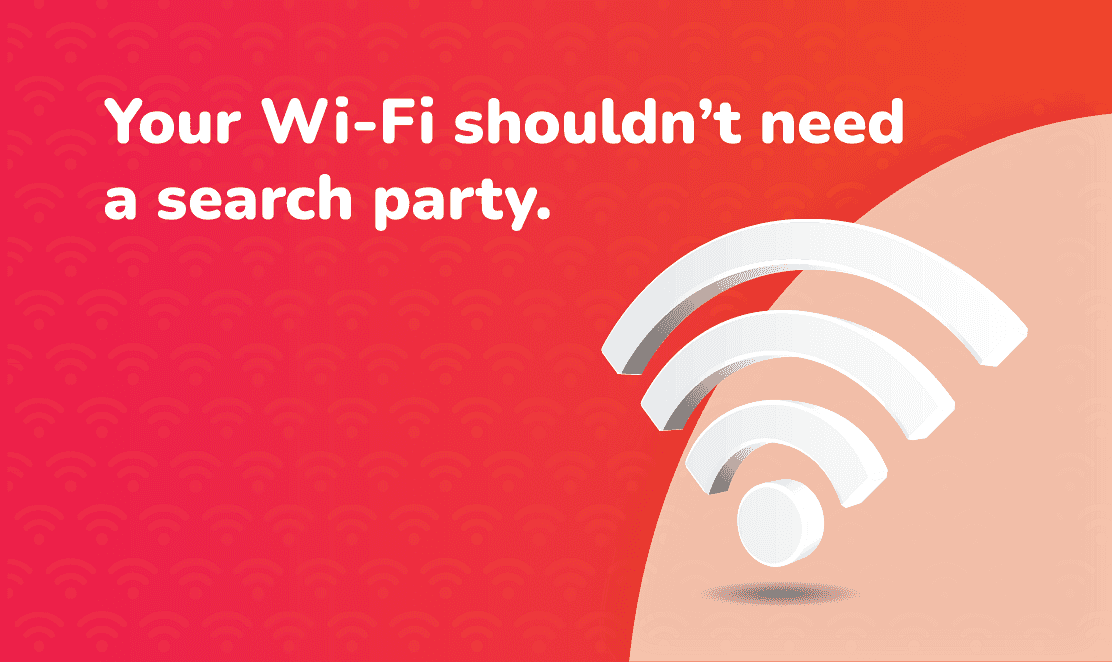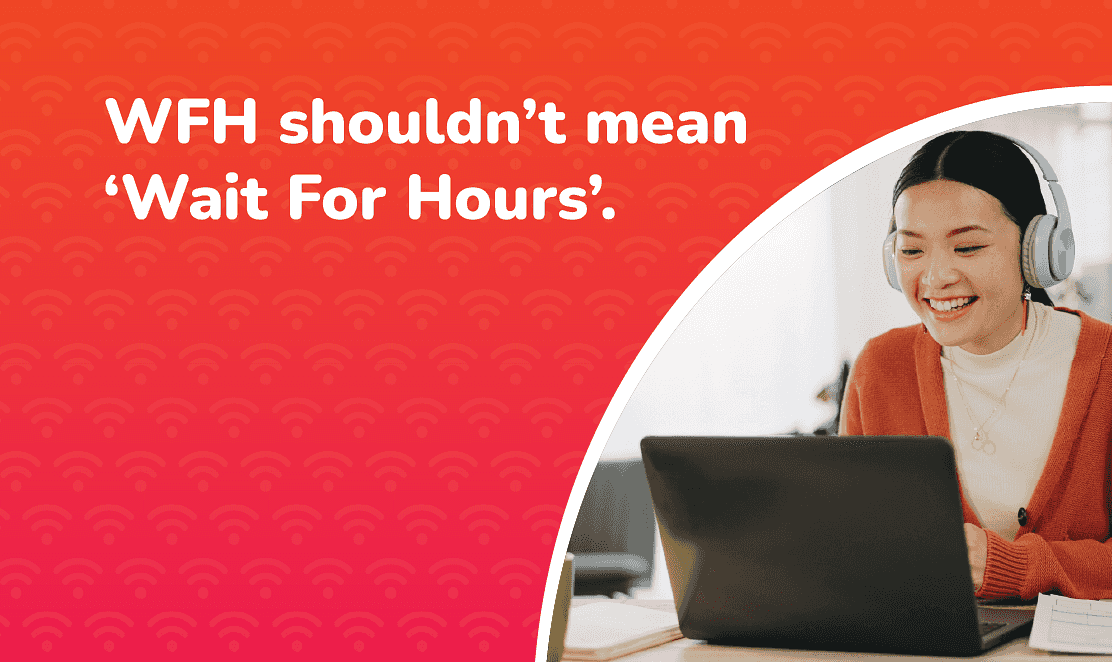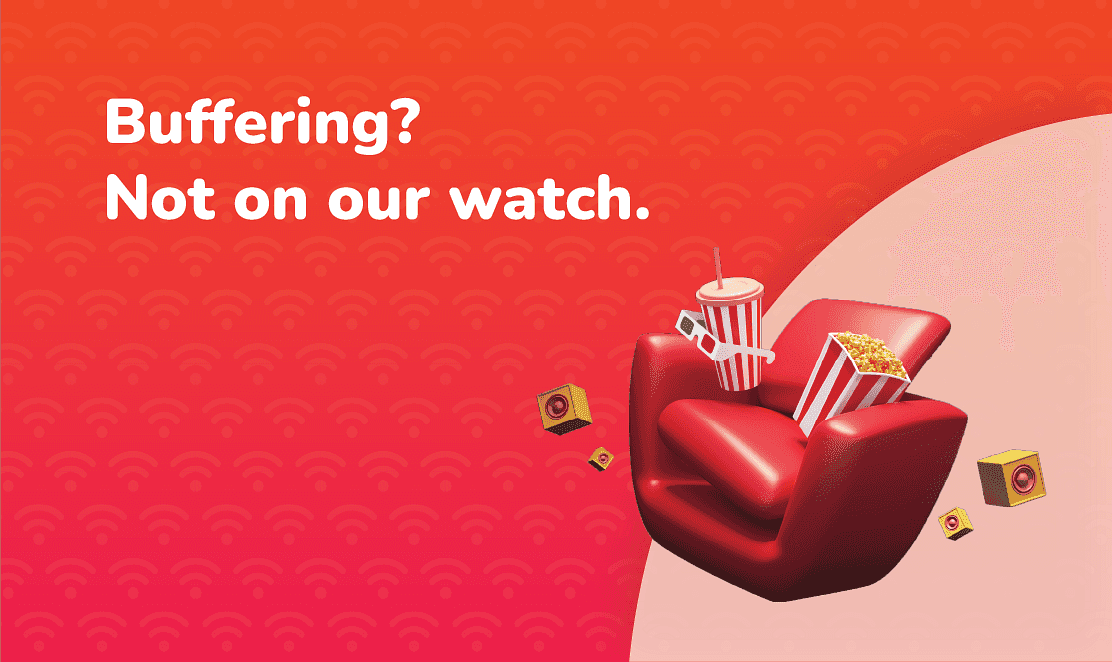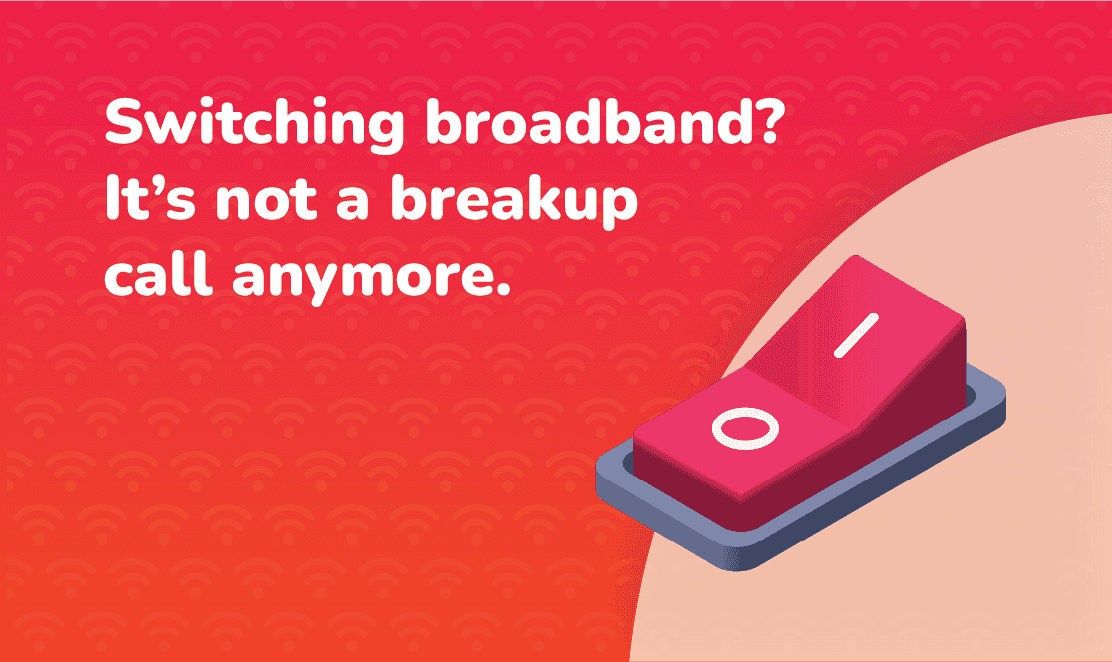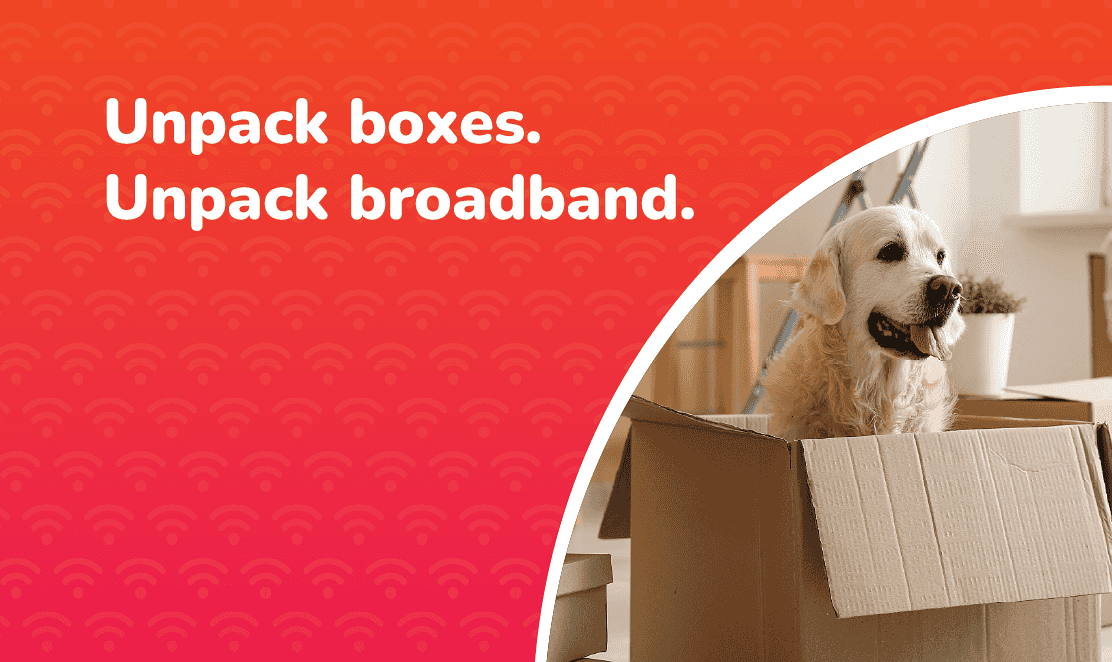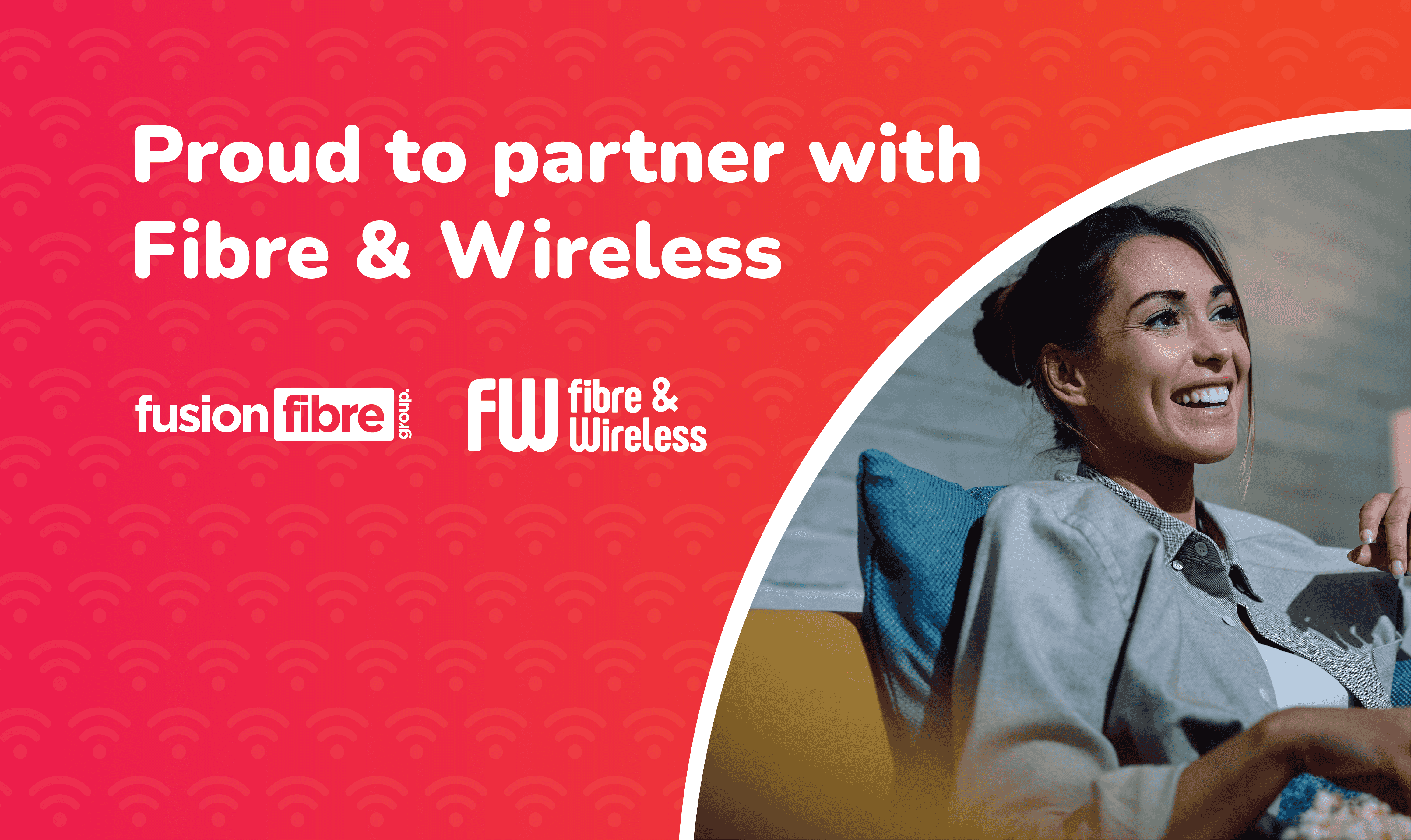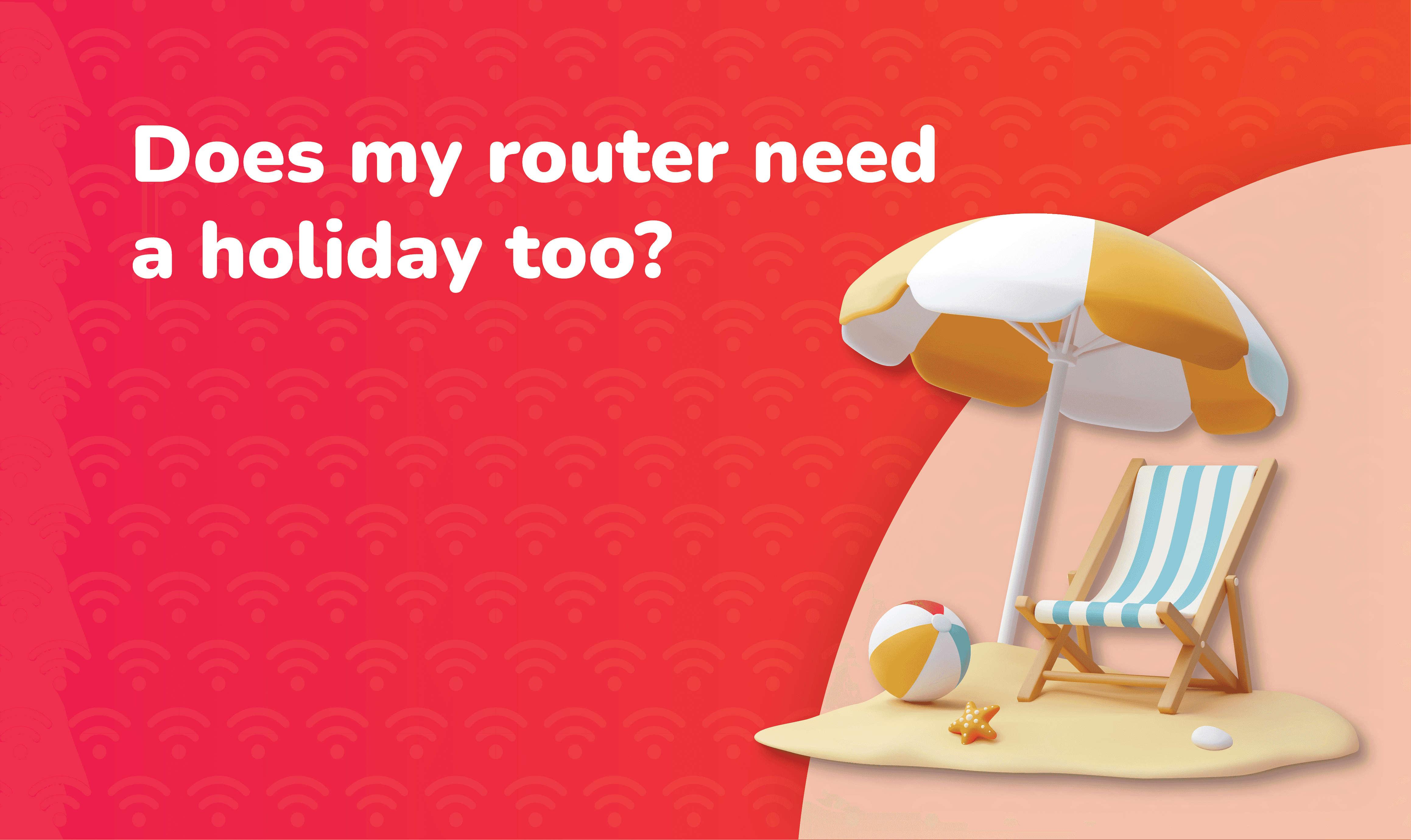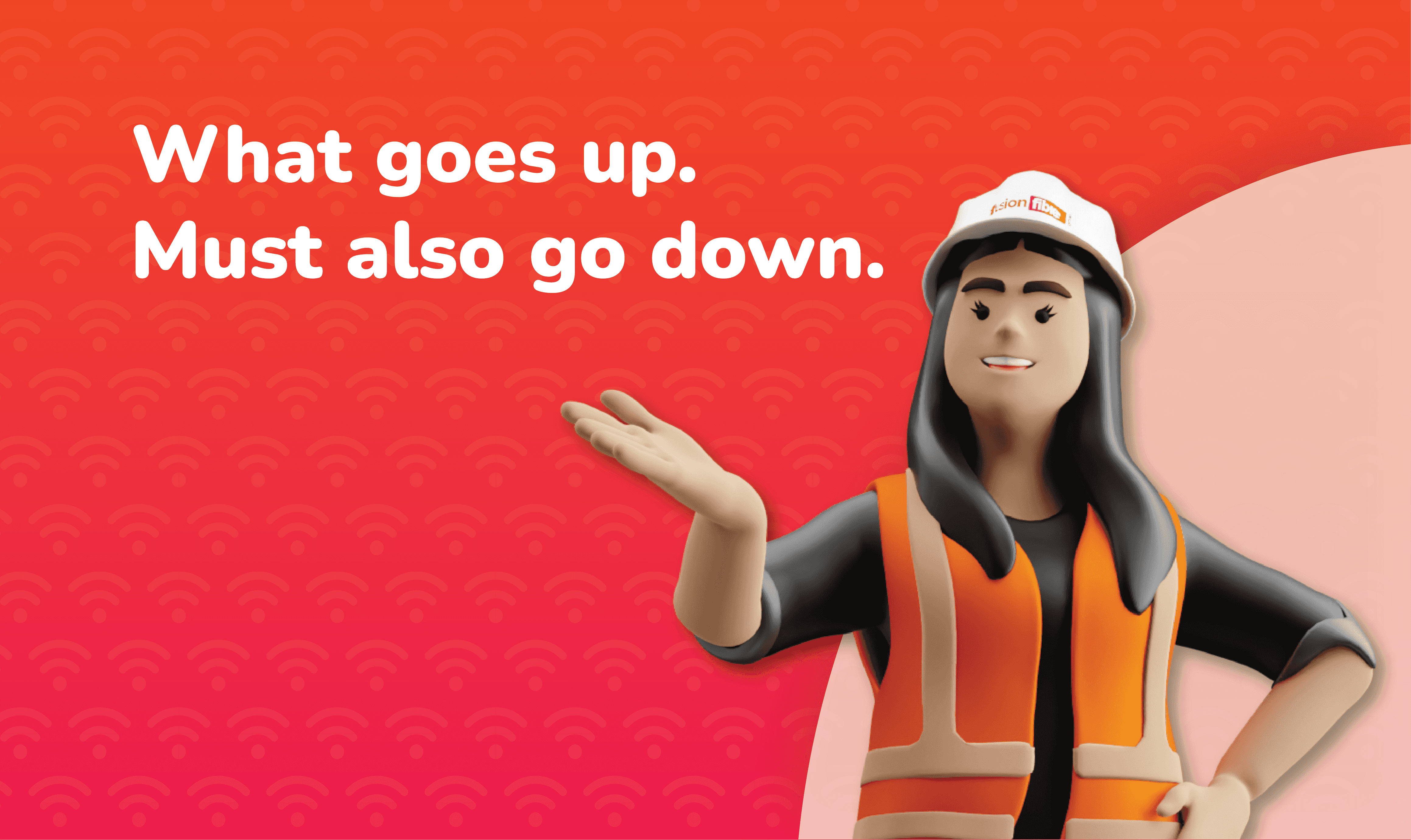You’re in the middle of a game, just about to win, and... it freezes.
You are caught in a lag.
The dreaded word every gamer fears.
Whether you are midway through a Call of Duty: Modern Warfare III match, racing through the streets of GTA Online, or building fast in Fortnite, nothing ruins your game more than a poor internet connection. So, what do you need to make sure your broadband doesn’t make you lose?
In our guide, we will break down everything you need to know about gaming and broadband, including what type of broadband is best, what is a good ping, download speed and upload speed as well as how to give your internet connection a boost.
What is Lag?
Lag is the delay between a player’s action and the game’s response. It typically occurs when the connection between your device and the game server is slow, unstable, or interrupted. So, when you move, shoot, or press a button, there is a noticeable pause before it happens in-game.
In fast-paced online games like battle royales, first-person shooters, or racing games, lag can completely ruin the experience. It can cause characters to teleport, make movement feel sluggish, or even cause the game to freeze or crash for a few seconds.
How Do You Measure Lag?
Lag is measured using something called ping. Ping is the time (in milliseconds) it takes for data to travel from your device to the game server and back.
- Low ping: under 30ms: Smooth, responsive game
- Medium ping: 30–100ms: Playable, but not ideal for competitive gaming
- High ping: 100ms+: Noticeable lag, delayed actions and generally frustrating gameplay
A high ping can be the difference between winning and losing, especially in competitive online matches. If you are experiencing lag, your broadband connection could be the culprit.
What is a Good Ping, Download Speed, and Upload Speed for Gaming?
1. Ping
Less than 30ms is ideal for competitive online play.
2. Download Speed
You will need at least 25-100+Mbps to load your game’s content quickly.
3. Upload Speed
With full fibre broadband, your upload speed should be the same as the download speed.
For part-fibre or standard broadband, the upload speed needs to be at least 25-50Mbps for multiplayer mode and live streaming.
If you are not sure what download speeds and upload speeds mean, check out our guide: Download Speeds vs Upload Speeds: What is the Difference?
How Do You Improve Your Broadband Connection for Gaming?
- Using an Ethernet cable: If you connect directly to your router, you will generally have faster speeds than Wi-Fi.
- Repositioning your router: If your router is tucked behind large items, metal objects or in another room from you and your gaming device, move it to a more open and central location.
- Check if your network is overloaded: If you have multiple people in your home, check who is using the internet simultaneously and restrict the uploading of large files.
- Reboot your router: Restart your router to refresh its operating system.
What Type of Broadband is Best for Gaming?
- Standard ADSL, known as Standard Broadband
Standard broadband uses only traditional copper wires to connect to the internet. This is not recommended for games, as with the old-fashioned technology, you are more likely to encounter slow speeds and high latency.
- Fibre to the Cabinet (FTTC), known as Part Fibre
FTTC, also known as Part Fibre, uses a mixture of fibre optic cables and copper wires to connect the internet. This is better than standard broadband but still relies on the traditional copper wires to connect to your home, which can cause lags and slowdowns during peak hours.
- Fibre to the Premises (FTTP), known as Full Fibre Broadband
Full fibre broadband is a high-speed internet connection that uses fibre optic cables to connect from the exchange directly to your home, bypassing the old copper network entirely. With speeds of up to 900 Mbps and ultra-low latency, full fibre broadband is the best choice for gaming households.
Ready to step into the future of broadband?
At Fusion Fibre Group, we offer ultrafast, reliable full fibre broadband to bustling cities and rural areas across the UK. Whether you are a casual gamer or an eSports enthusiast, we’ve got you covered. If you need help with where to place your Wi-Fi router, how to stay safe online, or how to switch broadband providers, our team is here to support you.
Use our Full Fibre Broadband Postcode Checker to find out!
Got a question? Call our friendly Customer Support Team


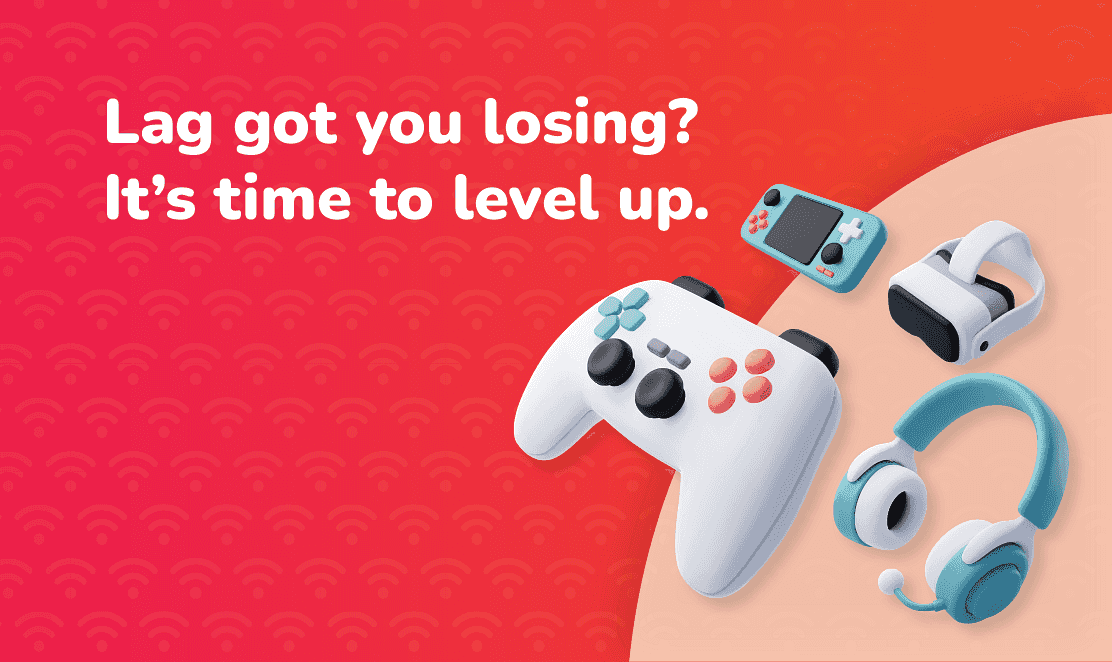 No image Big Thumb
No image Big Thumb 